The Water Crisis
The power of water
Water connects every aspect of life. Access to safe water and sanitation can quickly turn problems into potential – empowering people with time for school and work, and contributing to improved health for women, children, and families around the world.
Today, 2.2 billion people – 1 in 4 – lack access to safe water and 3.5 billion people – 2 in 5 – lack access to a safe toilet. These are the people we empower.
A women's crisis
Women are disproportionately affected by the water crisis, as they are often responsible for collecting water. This takes time away from work, school and caring for family. The lack of water and sanitation locks women in a cycle of poverty.
Empowering women is critical to solving the water crisis. When women have access to safe water at home, they can pursue more beyond water collection and their traditional roles. They have time to work and add to their household income.
Women and children bear the primary responsibility for water collection.
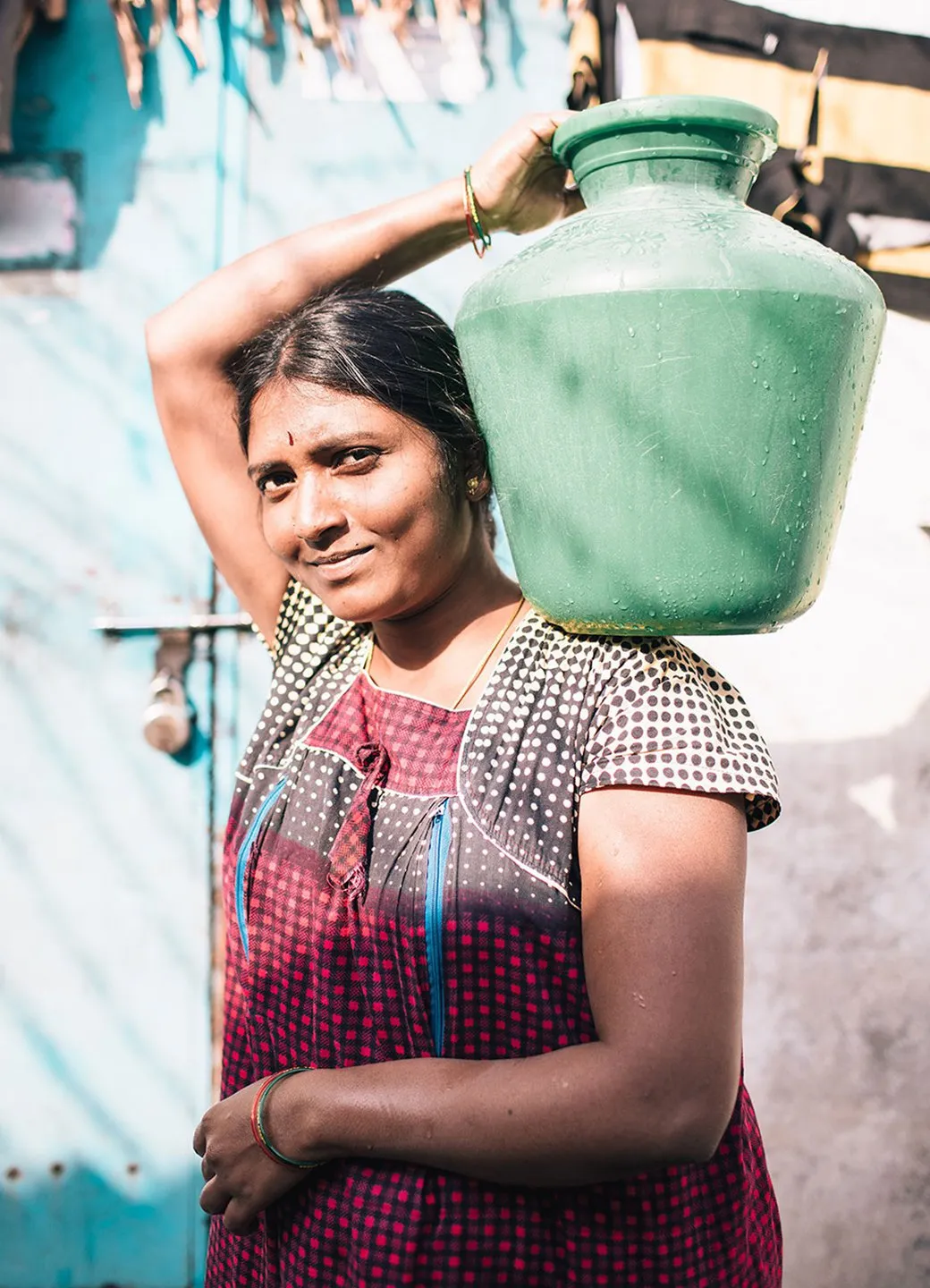
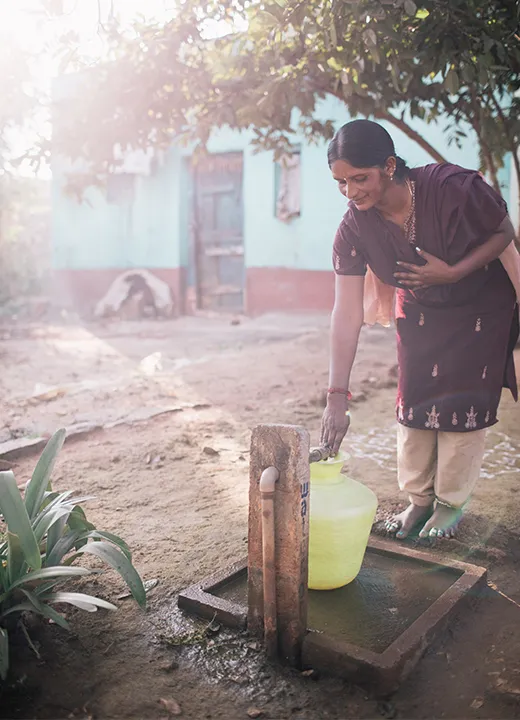
A health crisis
The water crisis is a health crisis. More than 1 million people die each year from water, sanitation and hygiene-related diseases which could be reduced with access to safe water or sanitation. Every 2 minutes a child dies from a water-related disease. Access to safe water and sanitation contributes to improved health and helps prevent the spread of infectious disease. It means reduced child and maternal mortality rates. It means reduced physical injury from constant lifting and carrying heavy loads of water. Now more than ever, access to safe water is critical to the health of families around the world.
A children's and education crisis
Children are often responsible for collecting water for their families. This takes time away from school and play. Access to safe water and sanitation changes this. Reductions in time spent collecting water have been found to increase school attendance, especially for girls. Access to safe water gives children time to play and opportunity for a bright future.
See how the water crisis affects children and their education >
Reductions in time spent collecting water increases school attendance, especially for girls.
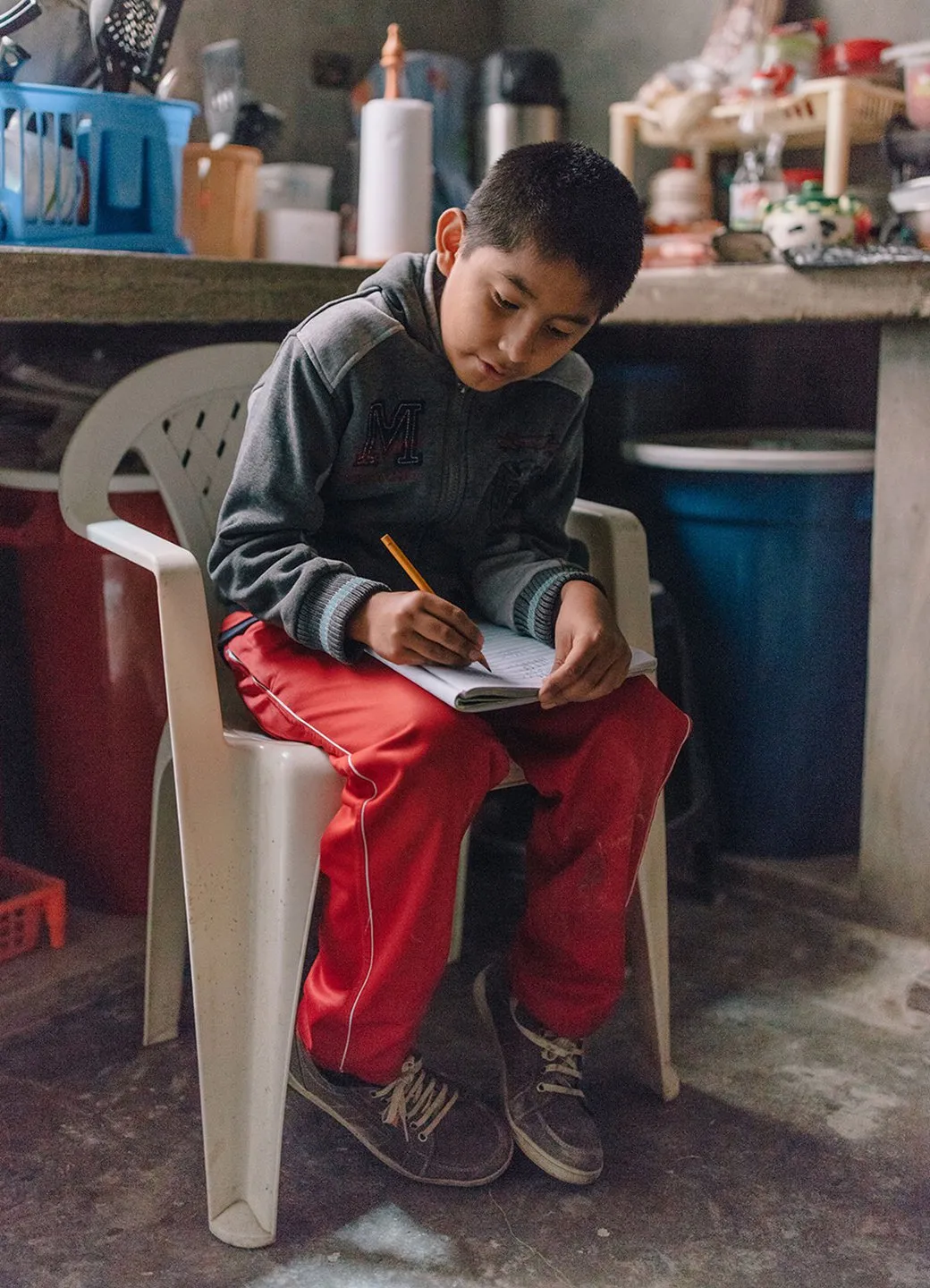
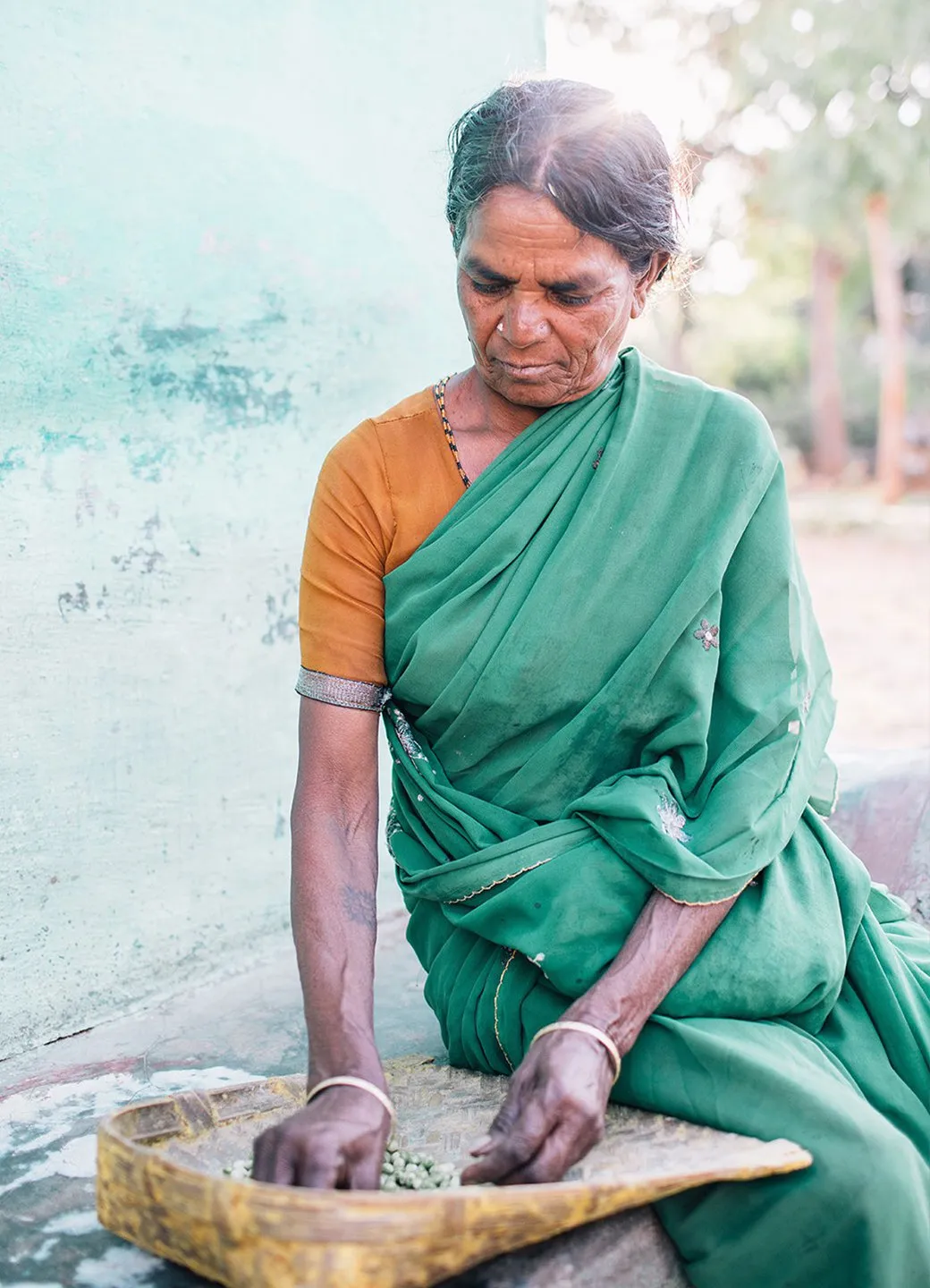
An economic crisis
Time spent gathering water or seeking safe sanitation accounts for billions in lost economic opportunities. $260 billion is lost globally each year due to lack of basic water and sanitation. Access to safe water and sanitation at home turns time spent into time saved, giving families more time to pursue education and work opportunities that will help them break the cycle of poverty.
Learn more about how the water crisis is an economic crisis >
A climate crisis
Water is the primary way in which we will feel many of the effects of climate change. Millions of families in poverty live in regions where water access is limited, temporary, or unstable. They are less prepared to face the effects of climate change like temperature extremes, floods, and droughts. Access to sustainable safe water and improved sanitation solutions can support climate resiliency for the people who need it the most.
Read more about the connection between climate change and water access >
By 2025, 50% of the world’s population is projected to live in water-stressed areas as a result of climate change, with low-income families bearing the greatest burden of this crisis.
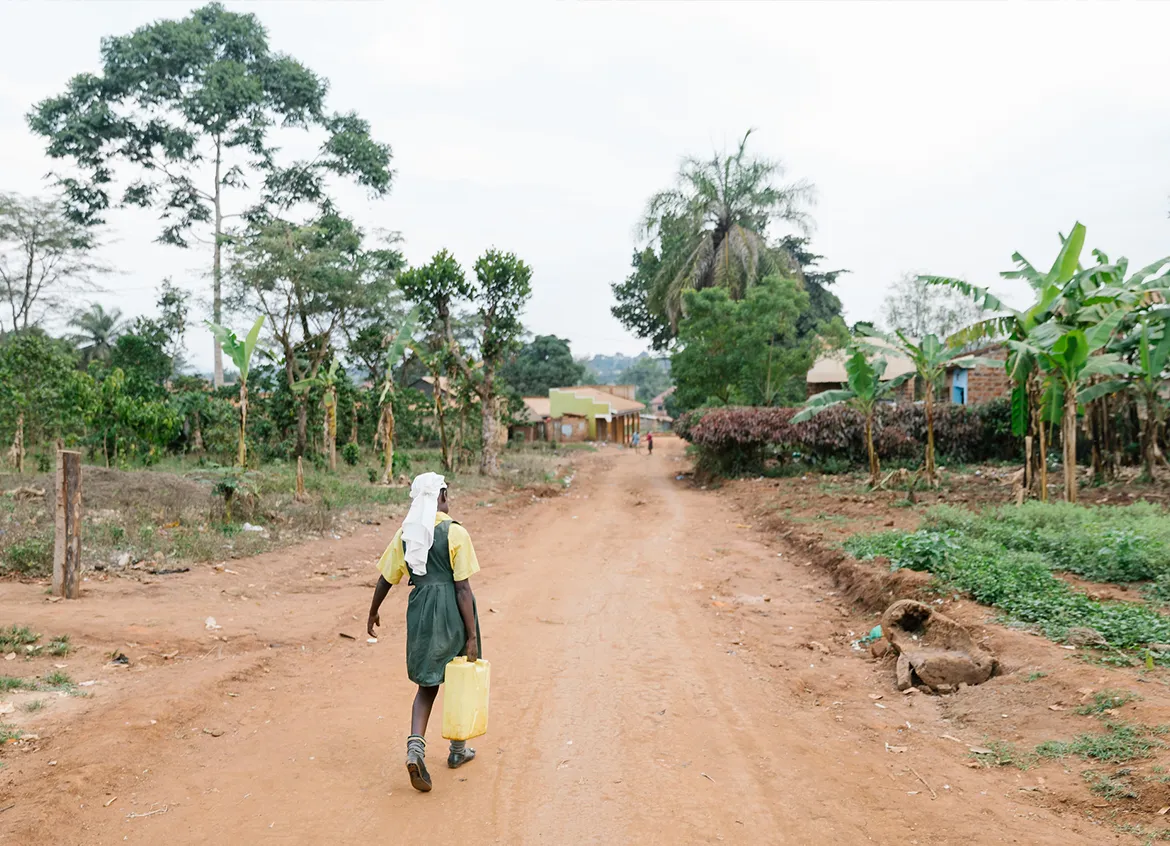
References
- World Health Organization and UNICEF. (2023). Progress on Household Drinking Water, Sanitation, and Hygiene 2000-2022: Special focus on gender.
- World Health Organization and UNICEF. (2020). Progress on Drinking Water, Sanitation, and Hygiene in Schools: Special focus on COVID-19.
- UN-Water. (2019). Policy Brief on Climate Change and Water.
- World Health Organization and UNICEF. (2020). State of the World's Sanitation: An urgent call to transform sanitation for better health, environments, economies and societies.
- Hutton, G., and M. Varughese. (2020). Global and Regional Costs of Achieving Universal Access to Sanitation to Meet SDG Target 6.2.
- World Health Organization. (2019). Burden of disease attributable to unsafe drinking-water, sanitation and hygiene.
- World Health Organization, UNICEF, and World Bank. (2022). State of the world’s drinking water: an urgent call to action to accelerate progress on ensuring safe drinking water for all.
- WaterAid. (2021). Mission-critical: Invest in water, sanitation and hygiene for a healthy and green economic recovery.
The water crisis affects millions around the world. Make an impact today.
Donate